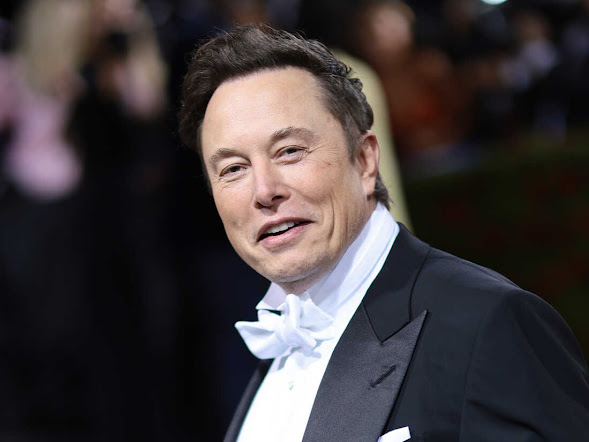Introduction:
In a recent conversation between Tesla CEO Elon Musk and Ford CEO Jim Farley, Musk expressed his desire to see more entrepreneurs venture into heavy industry instead of solely focusing on smartphone apps. He emphasized the tremendous opportunities present in heavy industry and the pressing need for innovation in areas such as raw material processing for electric vehicle (EV) batteries. This blog post explores Musk's perspective on the current state of heavy industry, the challenges faced, and the potential for entrepreneurs to make a significant impact.
Addressing the Lithium Processing Choke Point:
Musk highlighted Tesla's foray into lithium processing near Corpus Christi, Texas, acknowledging the global abundance of lithium but identifying a significant choke point in its processing. Tesla's goal is to minimize vertical integration but is compelled to undertake processing due to the shortage of domestic supply. Musk expressed his willingness to collaborate with suppliers capable of solving this problem while meeting the carmaker's production needs. This approach allows Tesla to focus its resources on other critical areas.
In-House Cathode Production:
Tesla's commitment to addressing bottlenecks extends beyond lithium processing. The company is also building a facility at its Texas gigafactory for producing cathodes, another crucial component of EV batteries. By developing in-house capabilities for cathode production, Tesla aims to optimize the entire battery manufacturing process and ensure a reliable supply chain.
The Overallocation of Talent:
Musk raised concerns about the overallocation of talent towards software startups and the pursuit of the latest trends in Silicon Valley. He emphasized the enormous potential present in heavy industry and urged entrepreneurs to consider ventures that go beyond smartphone apps. While acknowledging the importance of software applications, Musk stressed the need for a better balance, with more talented individuals entering the heavy industry sector to address pressing challenges.
Encouraging Entrepreneurial Innovation:
Venture capitalist Paul Graham echoed Musk's sentiments, emphasizing the difficulty of manufacturing physical goods but encouraging entrepreneurs interested in the field not to be deterred. One example of an entrepreneur making a significant impact in heavy industry is Sila Nanotechnologies CEO Gene Berdichevsky. His company has developed an anode material that can replace graphite, a mineral bottleneck for EV batteries. Collaborations like these hold the potential to revolutionize the industry and overcome critical limitations.
The Market for Synthetic Graphite:
Musk encouraged entrepreneurs to explore the production of synthetic graphite, highlighting its high demand in various industries. As the United States imports all of its graphite, with a significant portion originating from China, the opportunity to establish a domestic supply chain for synthetic graphite presents a compelling proposition for innovative entrepreneurs. By addressing this demand, entrepreneurs can contribute to the growth of the EV industry and reduce dependency on foreign sources.
Conclusion:
Elon Musk's call for increased entrepreneurial involvement in heavy industry underscores the tremendous opportunities and challenges facing sectors like EV battery manufacturing. By addressing bottlenecks, such as raw material processing and graphite supply, entrepreneurs can play a vital role in shaping the future of heavy industry. Balancing innovation across software and hardware domains will enable technological advancements that drive sustainable growth and ensure a robust and resilient industrial ecosystem. As we embrace the electrification of transportation, the collaboration between entrepreneurs, established companies like Tesla, and forward-thinking policymakers will be crucial in propelling heavy industry towards a greener and more prosperous future.






Social Plugin